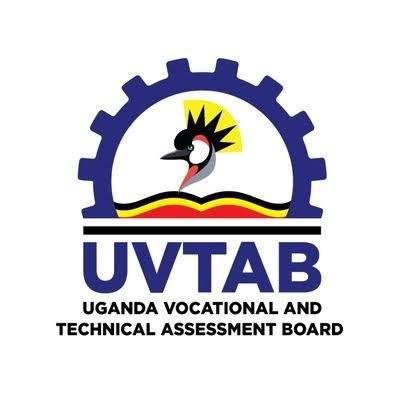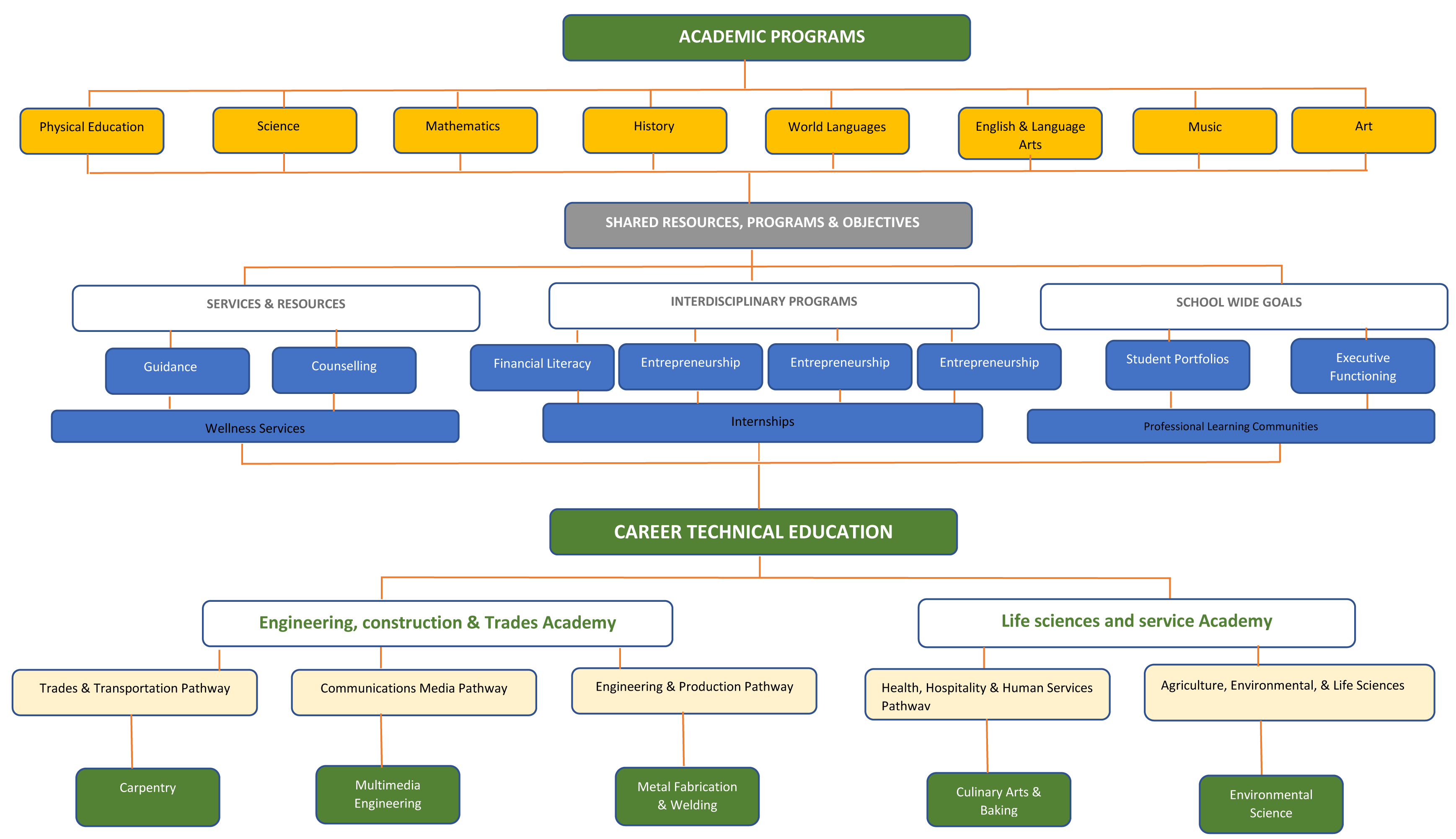

Life Prep College was founded in 2018 by Racheal Wannyana, a Ugandan entrepreneur and educator. Racheal saw that traditional education was not preparing young people for the modern workforce, and that many were leaving school without practical skills or a clear career pathway. She started Life Prep to address this gap, combining her experience in education and business to create a unique, competency-based training model.

Together we can turn skills into livelihoods.
Racheal Wannyana
Founder, Life Prep College (Mt. Horeb Foundation Ltd.)
I'm Racheal Wannyana, founder of Life Prep College (operating as Mt. Horeb Foundation Ltd). We started Life Prep because education should lead to employment, entrepreneurship and dignity—not just certificates. Our mission is simple: equip young people with practical, industry‑aligned skills through competency‑based, hands‑on training that produces real products, services and measurable outcomes.
At Life Prep you'll learn by doing. From woodwork, welding and plumbing to multimedia, culinary arts, fashion, farm production and AI & prompt engineering, our courses are built around real projects, employer standards and assessment‑based certification. We combine experienced instructors, modern workshops and industry partnerships so graduates leave ready to work, hire or start a small business.
We are committed to safety and ethical use of technology. Whether you're a student seeking a clear career pathway or a partner wanting to support practical education, we invite you to join our community. Visit our campus, explore our programs, or get in touch to discuss partnerships and apprenticeships.

What you will learn, do and achieve in each program.

Hands‑on training in measuring, cutting, joinery and furniture construction using hand and power tools. Build real products and a workshop portfolio.

Hands-on welding and metal fabrication aligned to fabrication shop and maintenance standards. Learn safe, consistent welding and finishing.

Install and maintain water, drainage and sanitation systems. Train for residential and light‑commercial roles or contracting.
Audio‑visual systems, video production and live sound—delivered through real projects for media and events roles.
Culinary and bakery training focused on food safety, kitchen operations, and consistent product quality.
From design fundamentals to garment construction and small‑batch production, build a wearable portfolio.

Crop and livestock basics, soil and water management, and post‑harvest handling for sustainable smallholder production.
Applied AI and prompt engineering for real business use—build automations, content tools and safe, effective workflows.

Take a look at some of our practical, hands-on learning moments





We collaborate with other Partners to ensure young are equipped to act on their values has a ripple effect across families and communities